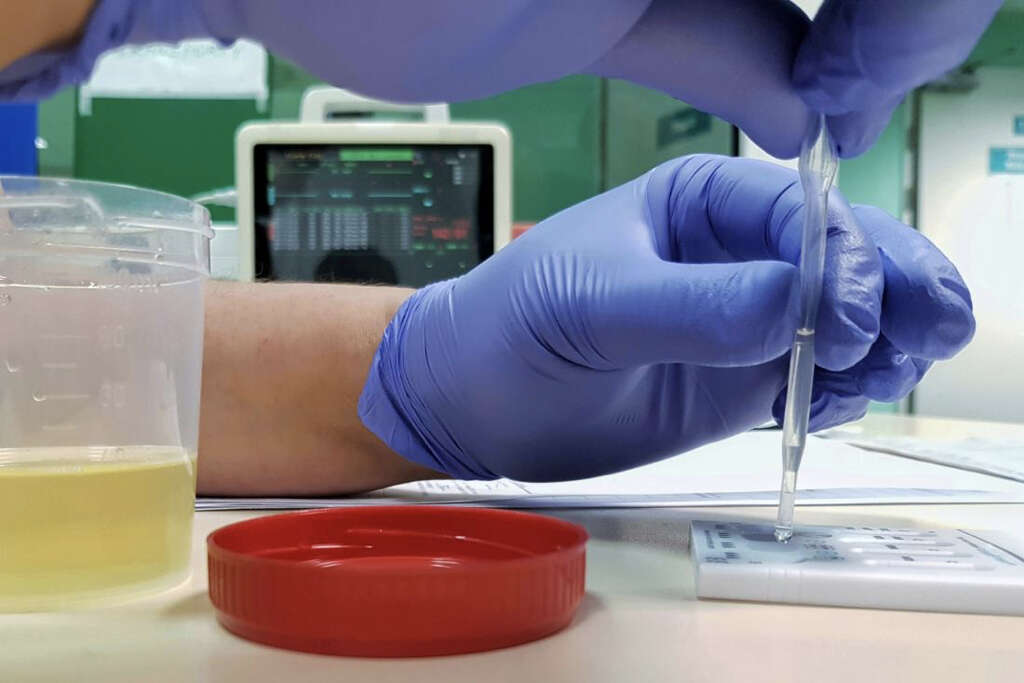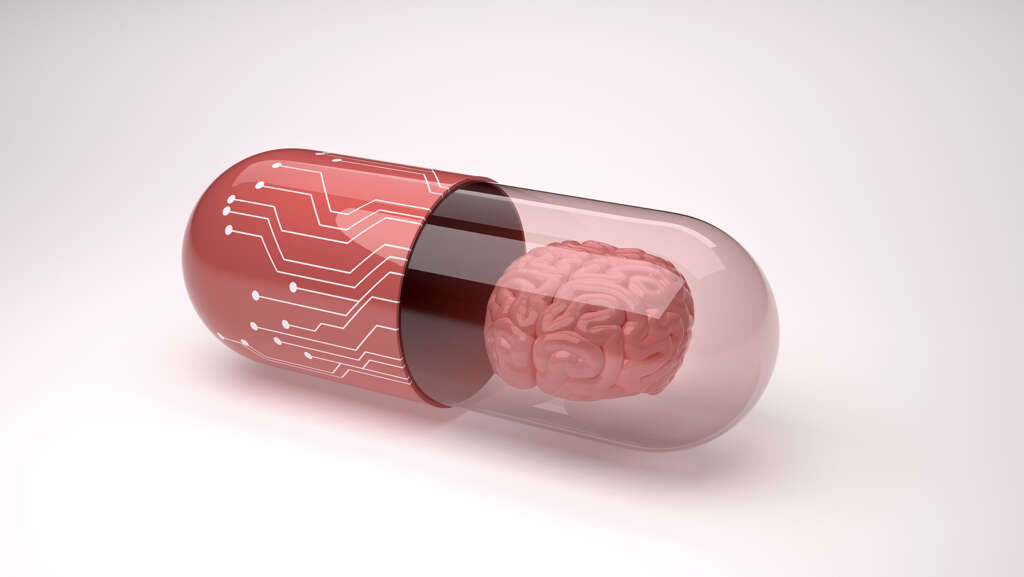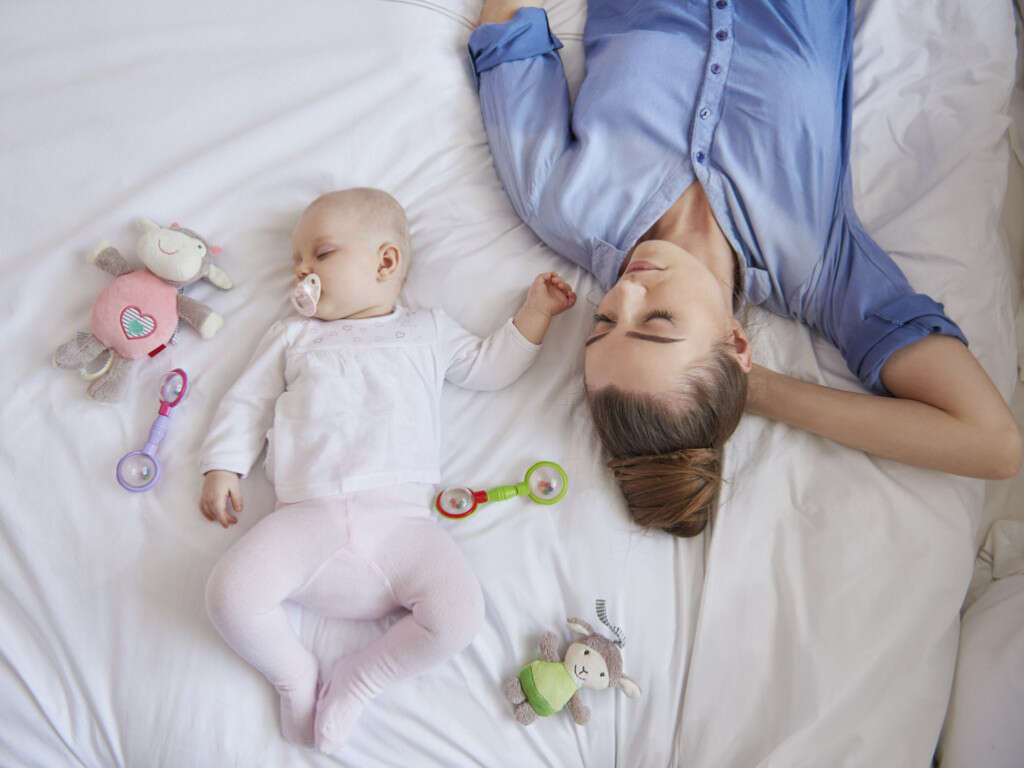What Is Postpartum Psychosis?
Postpartum psychosis is a condition considered to be a psychiatric emergency with symptoms that begin suddenly during the first 2 weeks after childbirth. During the postpartum period, there is an increased risk of psychiatric illness such as psychosis, anxiety, and mood disorders.
About half of women who are affected have no risk factors. However, women with a history of mental illness such as prior episodes of postpartum psychosis, bipolar disorder, or family history of mental illness have a higher risk of postpartum psychosis. A diagnosis of postpartum psychosis always results in hospitalization.

1. Signs and Symptoms
About half of women experience maternity blues, where they experience irritability, anxiety, and mood swings. This is different from postpartum depression, which is observed in about 20% of women after birth and can be similar to major depressive disorder. However, in postpartum psychosis, which is considered a psychiatric emergency, the signs and symptoms usually begin in the first 2 weeks after delivery and may even occur in the first 2 to 3 days after birth.
The symptoms can change and vary quickly and can cause racing thoughts, severe confusion, depression, paranoia, delusions, hallucinations, lack of energy, appetite loss, restlessness, feeling “on top of the world,” difficulty sleeping, intense anger, recurrent thoughts of suicide or death, thoughts of harming the baby, inability to concentrate, and loss of inhibitions.

2. Risk Factors
Studies and literature have shown that women with a history of prior postpartum psychosis, schizophrenia, family history of postpartum psychosis, and history of bipolar disorder have a higher risk of postpartum psychosis. It has been estimated that about 25% to 50% of women with these factors will develop postpartum psychosis.
Women who had a previous pregnancy resulting in postpartum psychosis have a 30% risk of another episode. For women with no mental illness but have a close relative with postpartum psychosis, the risk is estimated to be about 3%. The risk of postpartum psychosis also increases if there is a family history of prenatal depression, autoimmune thyroid dysfunction, and affective psychosis. About 50% of those with postpartum psychosis had no risk factors.

3. Statistics
The prevalence of postpartum psychosis is estimated to be 0.1% to 0.2% in the general population. It is significantly lower compared to postpartum depression (10% to 13%) and postpartum blues (50% to 75%).
Although one of the rarest psychiatric conditions, it is always considered a psychiatric emergency as the rapid onset of severe maternal symptoms may result in a catastrophic outcome such as suicide or infanticide. Postpartum psychosis has been observed in 20% to 30% of those with bipolar disorder. In women who have bipolar disorder and history of postpartum psychosis in a first-degree relative, the rate almost doubles (74%) compared to women with bipolar without positive family history.

4. Causes
Postpartum psychosis is thought to be due to major biopsychosocial changes. It is most likely caused by multiple factors. Since it has an abrupt onset in the early postpartum stage, the most likely hypothesis is based on a strong biological component. In the early postpartum period, there is a significant drop in gonadal steroids.
One theory has proposed that some women are more susceptible to hormonal changes that occur during childbirth. Estrogen has an affect on serotonin, which impacts affective symptoms while dopamine involves psychotic symptoms. Another possible factor is sleep disruption as gonadal steroid levels affect circadian rhythms (sleep wake cycle). Sleep loss has also been proposed as one of the factors in susceptible postpartum women. Other potential factors include immune system dysregulation and autoimmune thyroid dysfunction.

5. Diagnosis According to Current Classification
Like all other disorders, evaluation begins through a complete patient history and physical examination. Laboratory investigations are performed to rule out a biological cause for the psychosis. Some of the investigations that may be useful include blood tests and medical imaging. A neurological assessment should also be done.
Postpartum psychosis has not been classified as a disorder on its own. Instead, the Diagnostic and Statistical Manual of Mental Disorders, Fifth Edition (DSM-5) has changed the term to “with peripartum onset” for depressive and bipolar disorders for disorders involving mood symptoms that occur during pregnancy or within 4 weeks after delivery. Postpartum psychiatric conditions are often underdiagnosed. This reiterates the fact that screening during postpartum clinic visits are crucial.

6. Investigations
As previously mentioned, laboratory investigations and a complete physical examination should be performed to rule out organic causes. In some cases, rare medical conditions such as Sheehan syndrome, frontal lobe tuberculoma, and frontotemporal dementia can mimic the symptoms of postpartum psychiatric disorders.
Some important investigations include electrolyte levels, complete blood count (CBC), creatinine, blood urea nitrogen, vitamin B12, thyroid function tests, folate, glucose levels, urinalysis, calcium, urine culture (especially in a patient with fever), and a urine drug test. Neurological evaluation includes a brain scan using a computerized tomography (CT) scan, or magnetic resonance imaging (MRI), to rule out stroke due to ischemia or hemorrhage.

7. Screening and Education
Screening of postpartum psychiatric disorders can be performed during routine postpartum clinics using population-specific screening tools such as the “Mood Disorder Questionnaire” and “Edinburgh Postnatal Depression Scale.” This helps to improve awareness among healthcare providers, patients, and their family members. Studies have shown that these screening procedures have been helpful in the detection of postpartum psychiatric disorders.
When patients and family members are more aware, they know to look out for signs and symptoms so early diagnosis and treatment can be given. Women at risk of postpartum psychosis may be monitored by a psychiatrist during pregnancy and postpartum for several weeks after delivery. Medical caregivers should also be informed.

8. Treatment and Management
Most cases will require hospital admission. Some of the medications that may be prescribed are antipsychotics, benzodiazepines, and mood stabilizers. The choice of treatment will depend on existing conditions, tolerance of medication, response to previous treatments, ability to cooperate, and if the patient is breastfeeding.
Lithium is an important medication but is strongly discouraged for mothers who are breastfeeding. Valproic acid and carbamazepine are drugs that can be prescribed for breastfeeding mothers. The most acceptable atypical antipsychotics include quetiapine and olanzapine. Possible options are risperidone, haloperidol, and chlorpromazine. Electroconvulsive therapy (ECT) have been found to yield rapid improvement in symptoms. However, it can be challenging for patients to accept this treatment option. Having a regular sleep pattern and engagement of family members in the treatment plan is crucial for patients. Separation from the infant may be necessary in the beginning.

9. Prevention and Recovery
Women at high risk of postpartum psychosis should be under specialized care throughout their pregnancy and seen by a psychiatrist. A pre-birth planning meeting should be done around 32 weeks of gestation with all those involved including the partner, friends, family, midwife, and obstetrician. This helps to ensure everyone is aware of the risk of postpartum psychosis and a plan of care is available for both mother and child.
Friends and family may be given a written copy of the care plan and how to obtain help if necessary. During the first few weeks, regular home visits from a nurse and midwife may be beneficial. Severe symptoms generally last 2 to 12 weeks. However, it can take 6 to 12 months for a full recovery. Postpartum psychosis may be followed by depression, low confidence, and anxiety. Bonding with the child may also be difficult. Support from friends, family, and the healthcare team is crucial to improve the prognosis.

10. Support
If you have a friend or family member with postpartum psychosis, you can help them by supporting them throughout their recovery. This can be done by being calm, taking time to listen, helping with housework, childcare, shopping, ensuring the patient gets adequate rest, and keeping the home calm and quiet.
Remember that this condition can also be distressing for the patient’s partner, family members, and friends. Those who feel that they need help should talk to a mental health professional or connect to one of the organizations dedicated to this cause. Some useful resources include the Action of Postpartum Psychosis (APP) forum and Association for Post Natal Illness. Online support groups such as those on forums and social media may also be beneficial.












